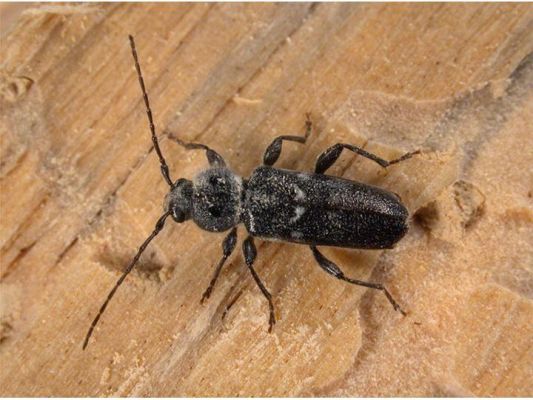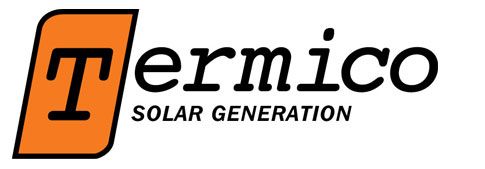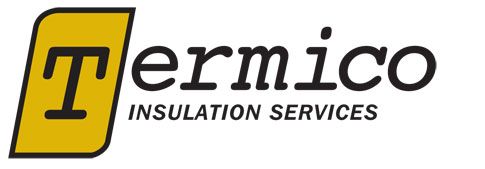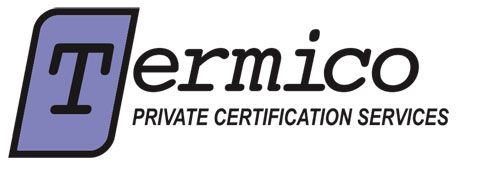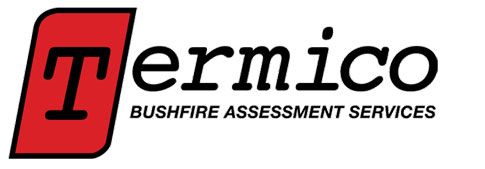European House Borer
European House Borers are an introduced specie that unfortunately has become established in pine plantations around Perth and South West WA. They were first noted in 2004 and are thought to have arrived in imported pine furniture.
They are another destructive pest which can cause serious damage to your home, which is another reason why regular Timber Pest Inspections are so important.
All our pest control technicians are trained, licensed and experienced in the detection and reporting of European House Borers along with other Timber Pests.
Book a Timber Pest Inspection and / or European House Borer treatment with a company you can trust. Call Perth's pest control experts today.
We'll take your call, book you in and turn up on time - 9443 9451
European House Borer Pest Control
Many people are surprised to hear that Termites are not the only insects that can damage our homes. There are also several families of beetles called borers that feed on wood and some of them can do a great deal of damage to furniture and structural components such as roofing timbers.
European House Borers Control Perth
European House Borers are not an easy pest to get rid of once in your home therefore prevention is key!
Home owners should:
- avoid transporting pine within restricted zones
- avoid using untreated pines
- ensure your home is regularly inspected for Timber Pests
European House Borer Facts
Borers have a complete life cycle. Egg – larvae – pupa – adult. In most species it’s the larvae that do all the damage and the adults only live long enough to reproduce. The larvae is like a grub and in some countries borers are known as wood worm.
The most destructive of these is the European House Borer, an introduced species that unfortunately has become established in pine plantations around Perth and South West WA. They were first noted in 2004 and are thought to have arrived in imported pine furniture.
In nature, adult females lay their eggs into dead pine trees and dead branches of living pine trees. When the eggs hatch, the larvae tunnel through the timber creating galleries within. Depending on conditions, the larvae will remain inside the timber for about 2 – 5 years before pupating just below the surface. When the adults emerge, they chew through the thin veneer above them, creating visible borer exit holes.
Currently there have not been any EHB infestations found in the roofs of Western Australian houses but there is great concern that larvae may be present inside and unseen in roofing timbers. Because of the ecology of the borer, it’s usually only noticed once the adults have emerged. While the exit holes can be unsightly, it’s the unseen damage within that can be so destructive and a lot of damage can be done before the borer’s lifecycle is completed.
European House Borers only attack seasoned coniferous (pine) timbers, not hardwoods such as Jarrah and Karri. Most pine timbers used in roofs have been treated against timber pest attack and should be resistant to EHB. Untreated pine roofing components are at risk of attack, especially if in close proximity to infested plantations and regular timber pest inspections are especially important.
More information about about European House Borers can be found on the Western Australia Goverment website.


